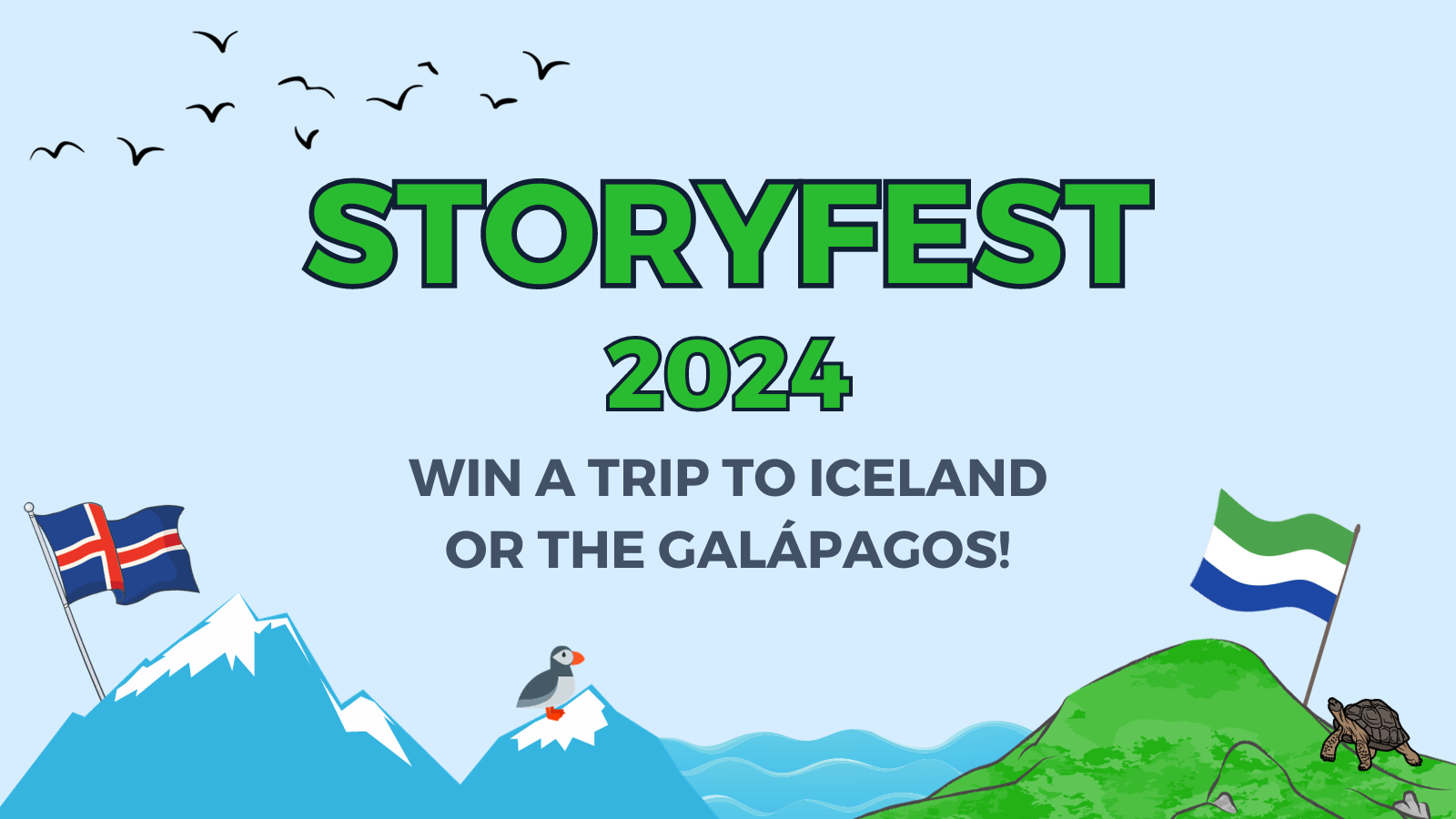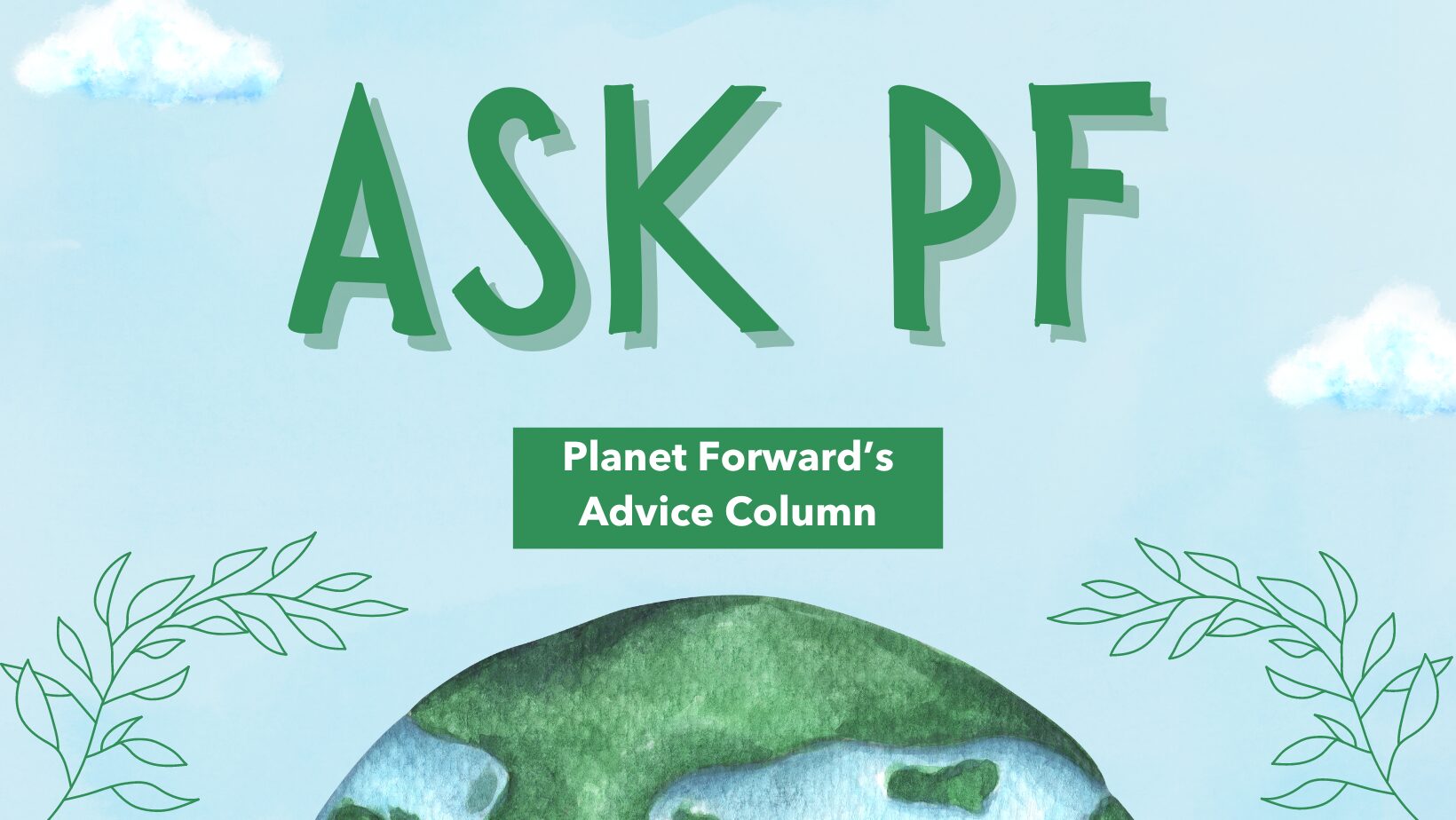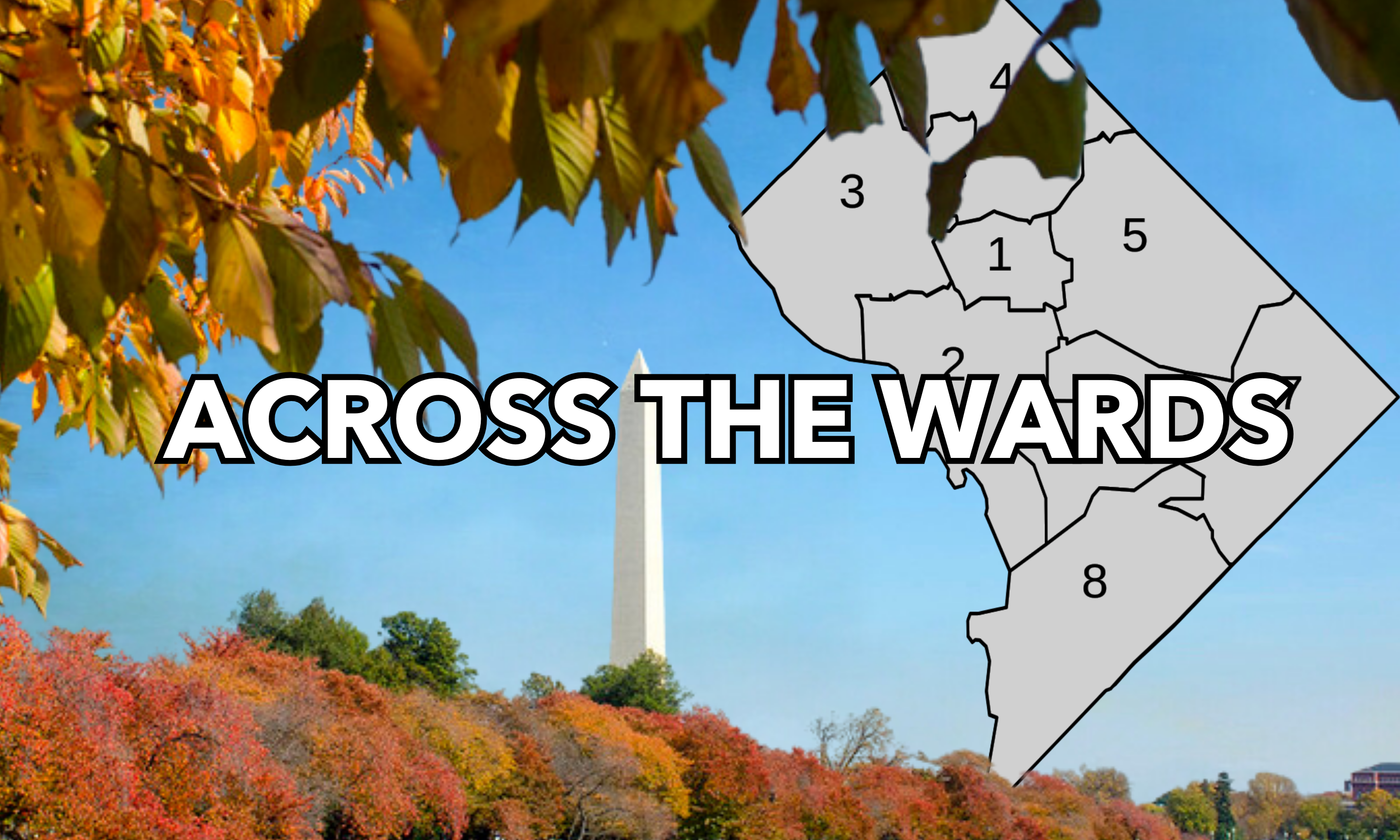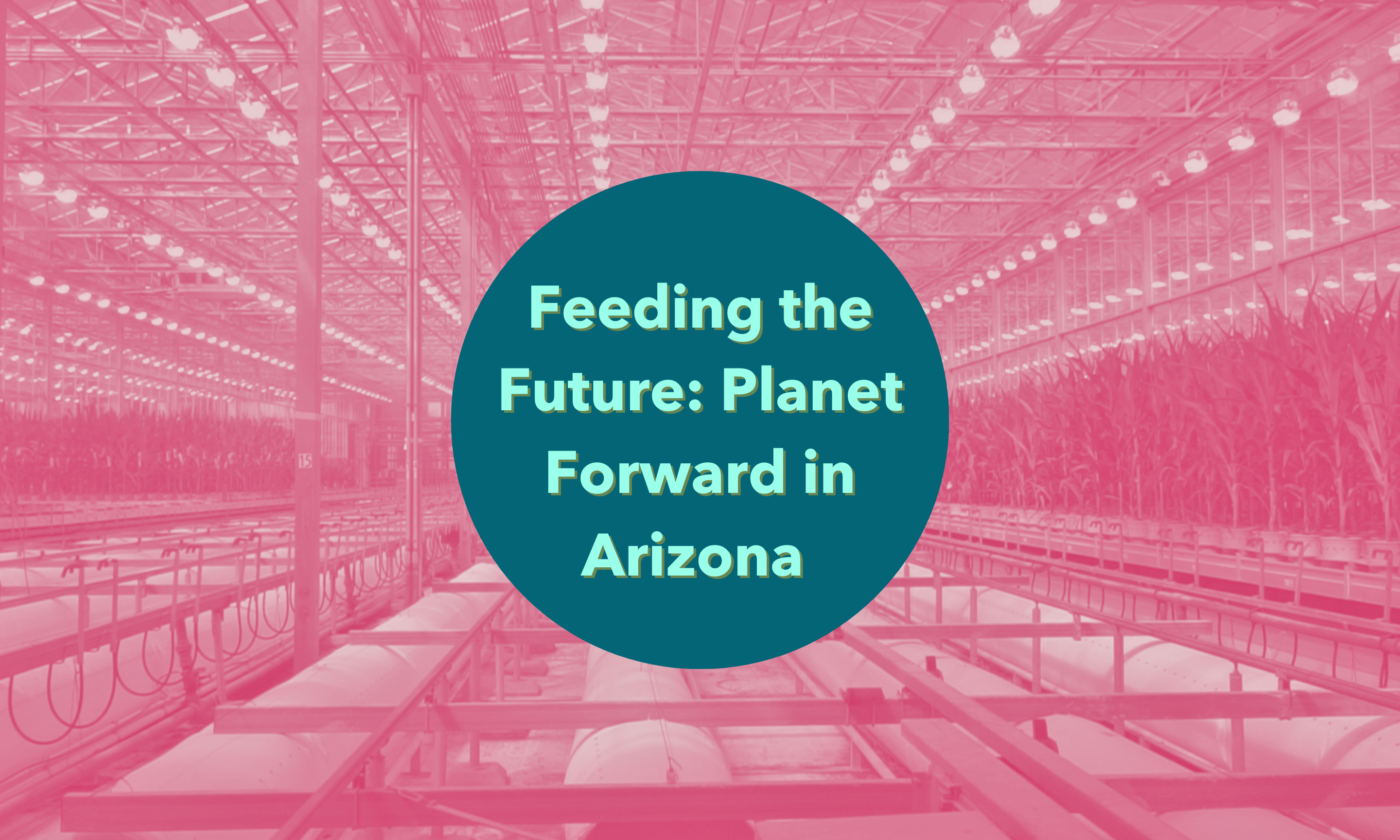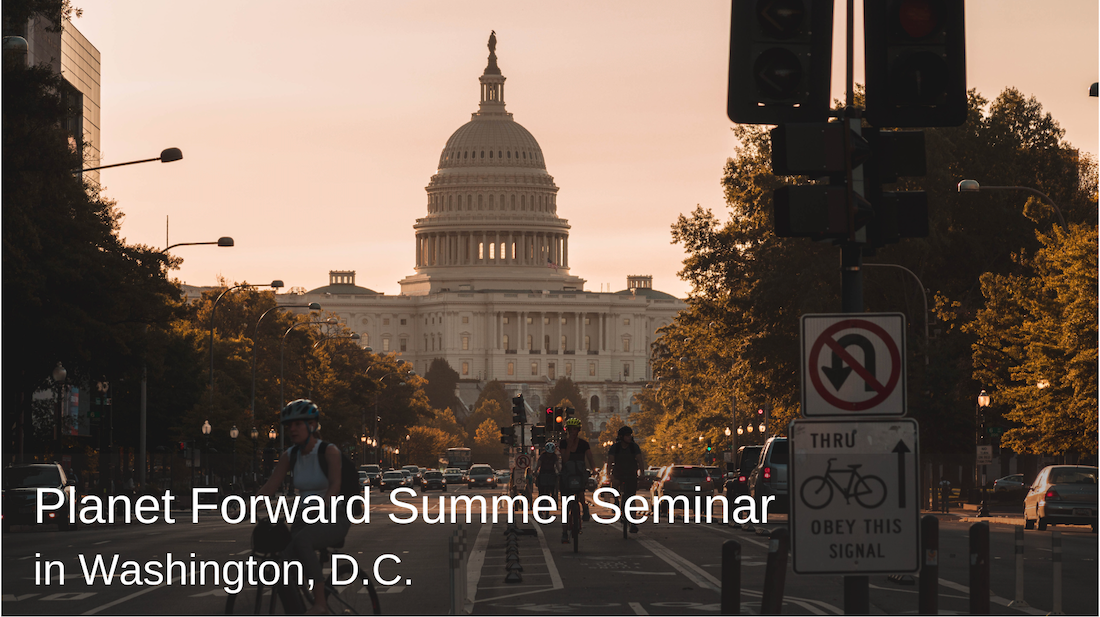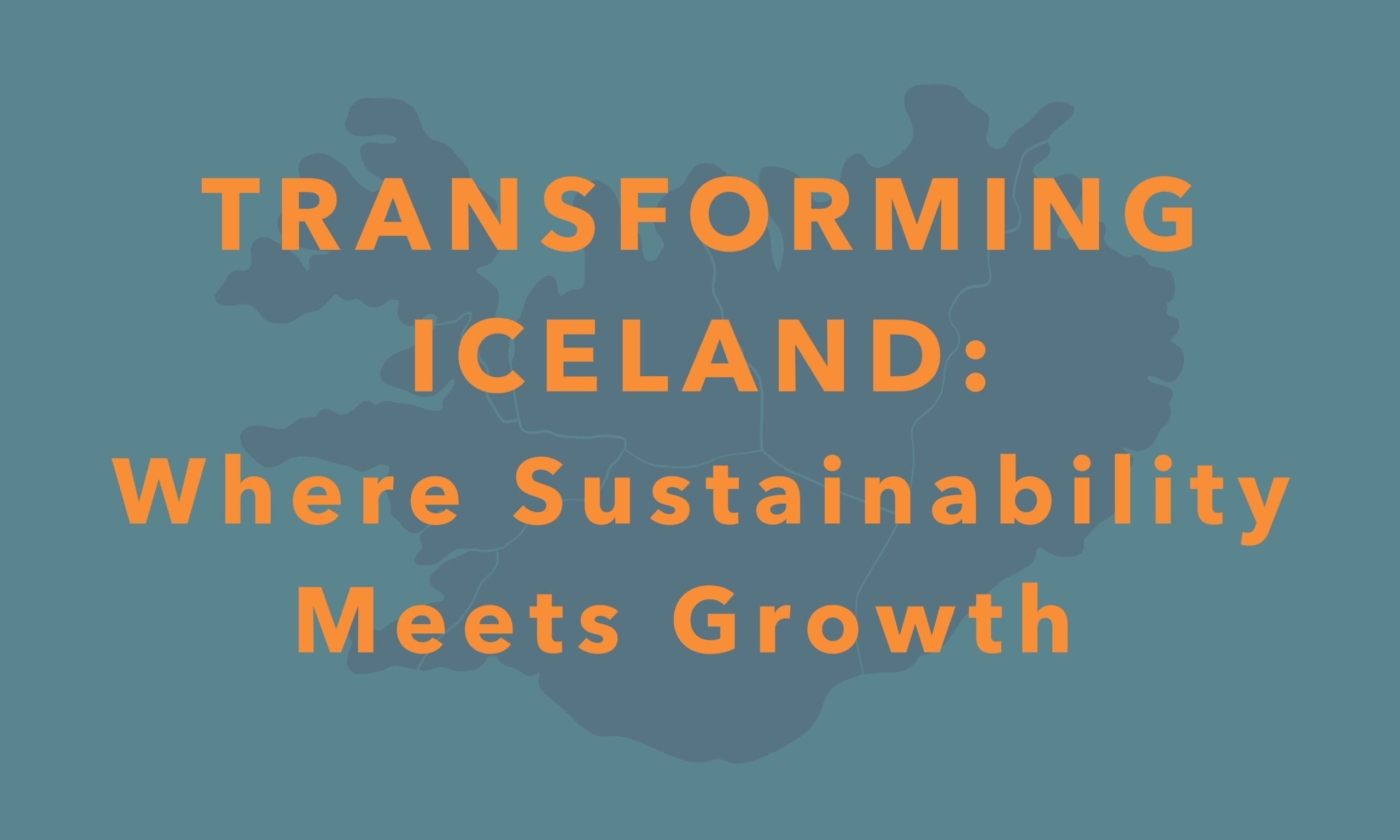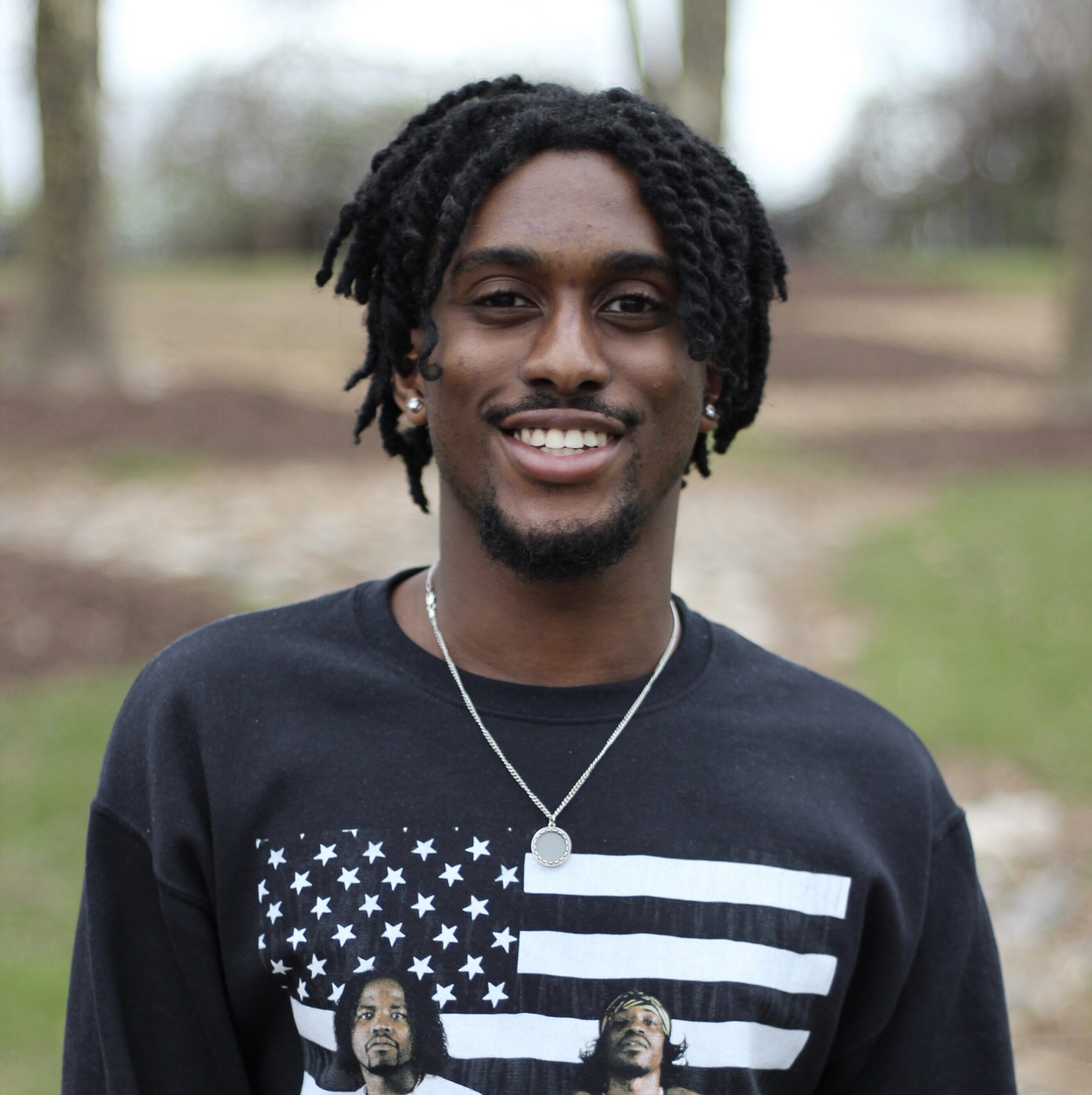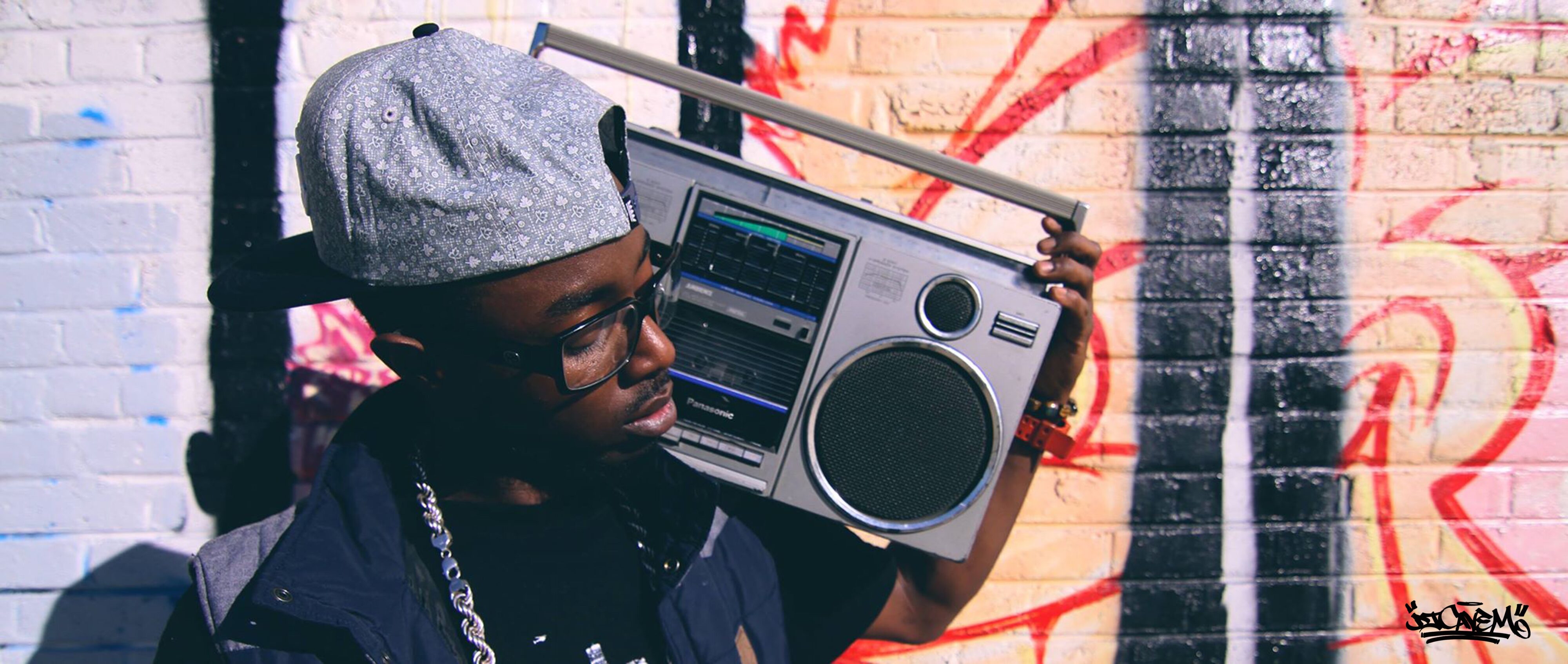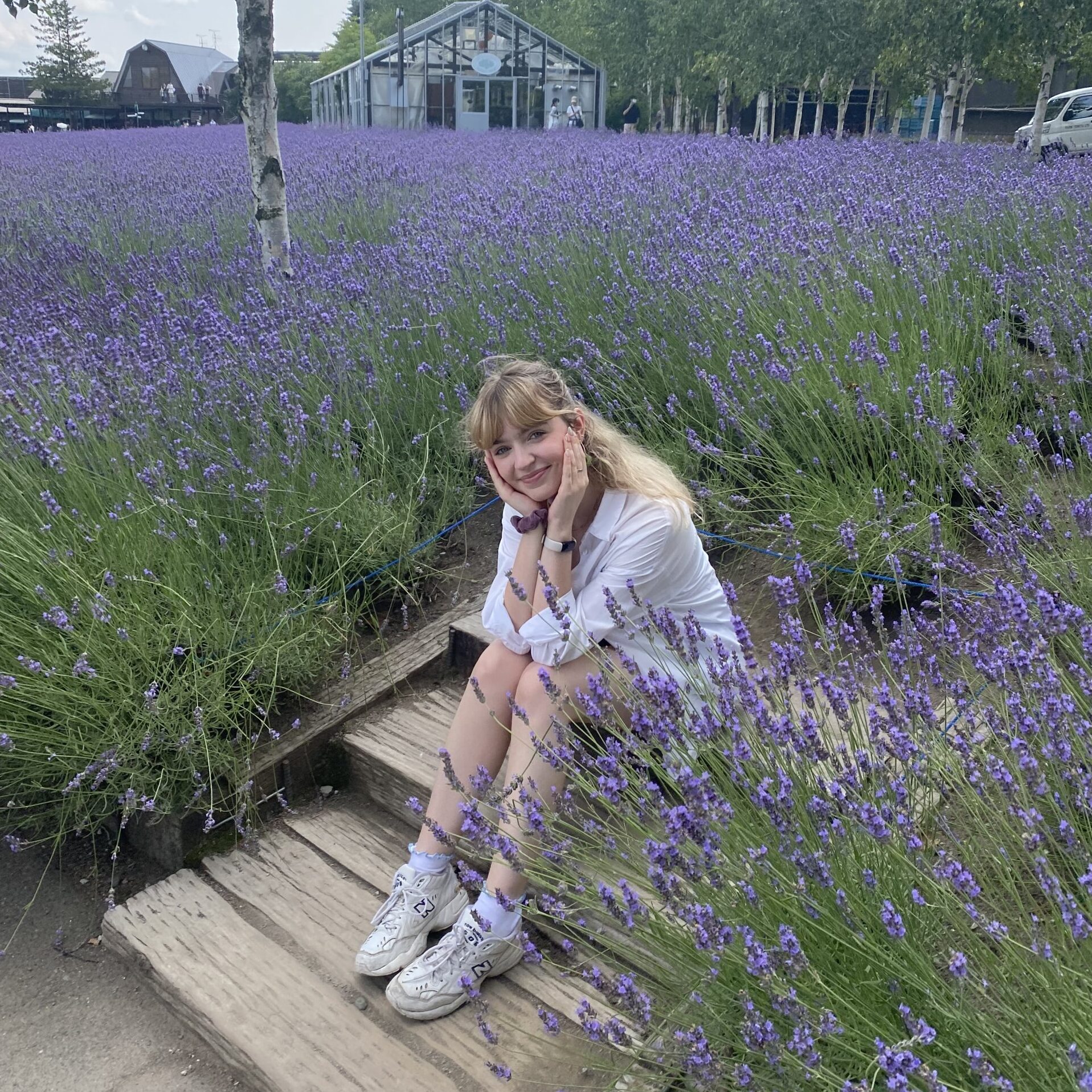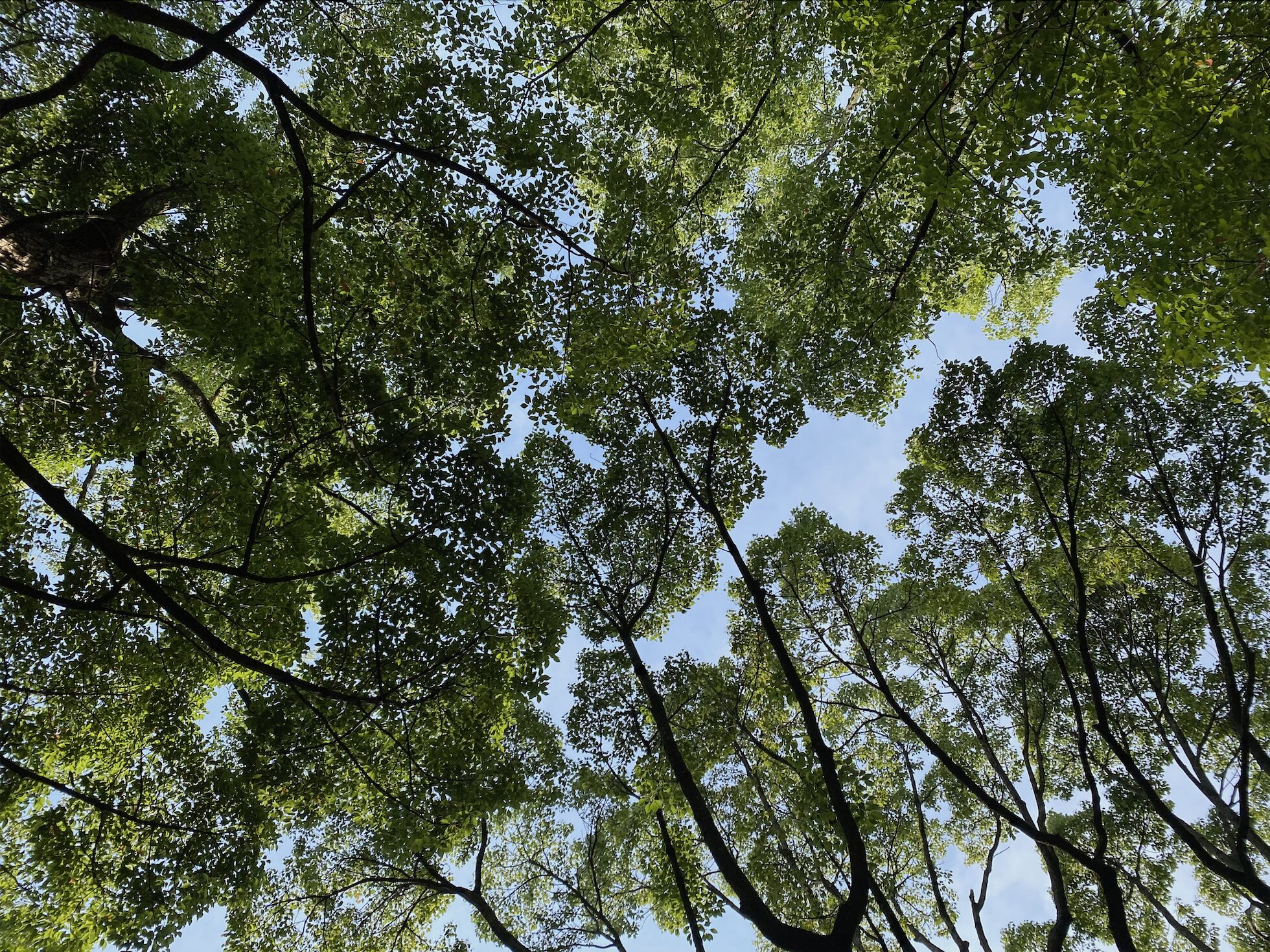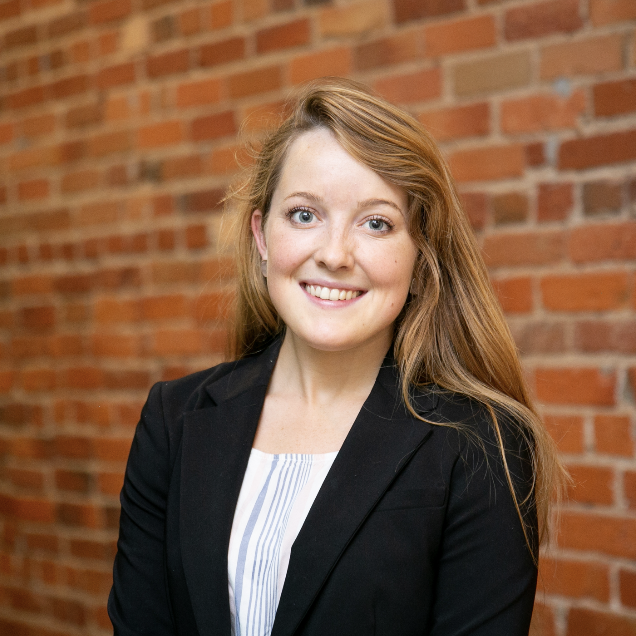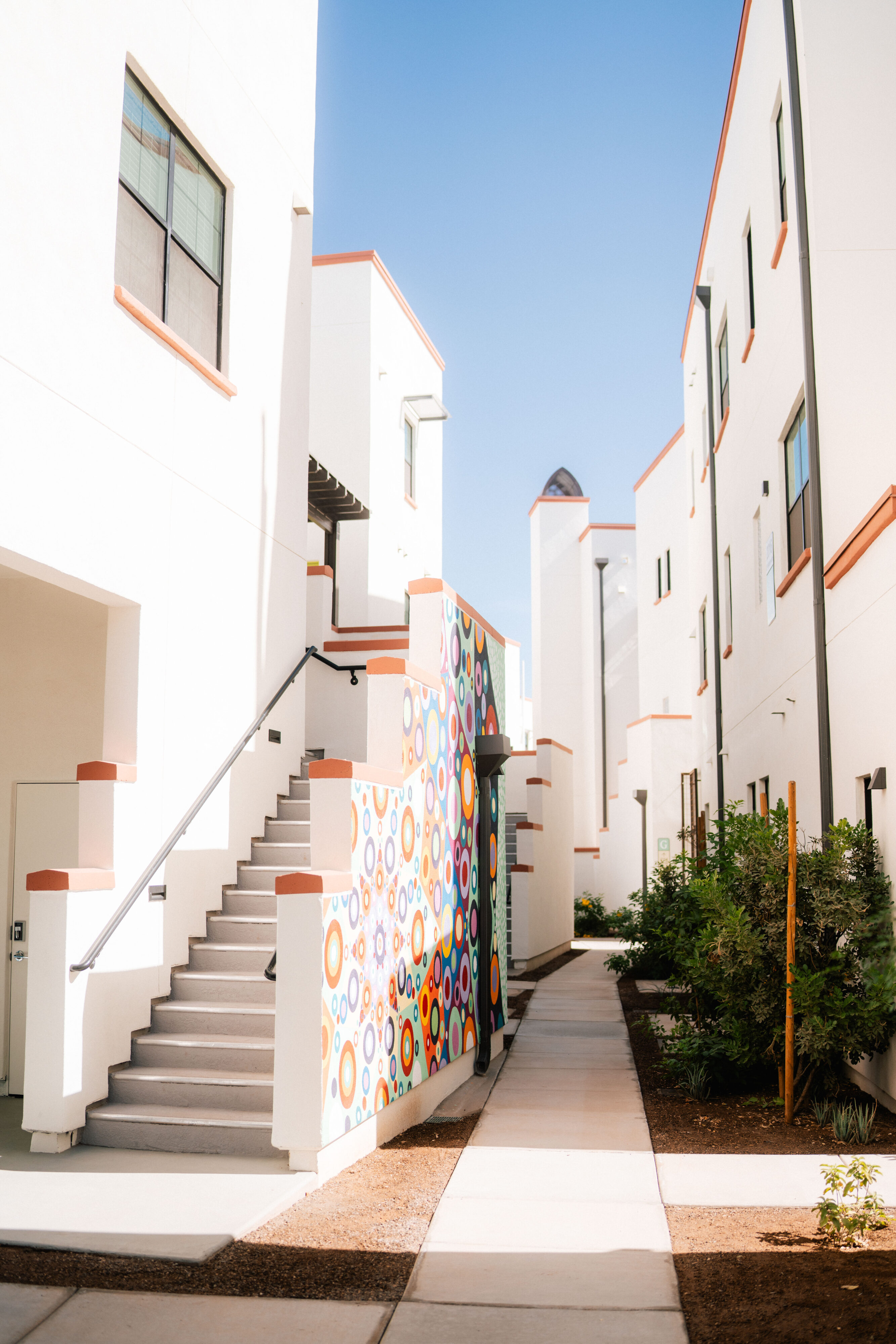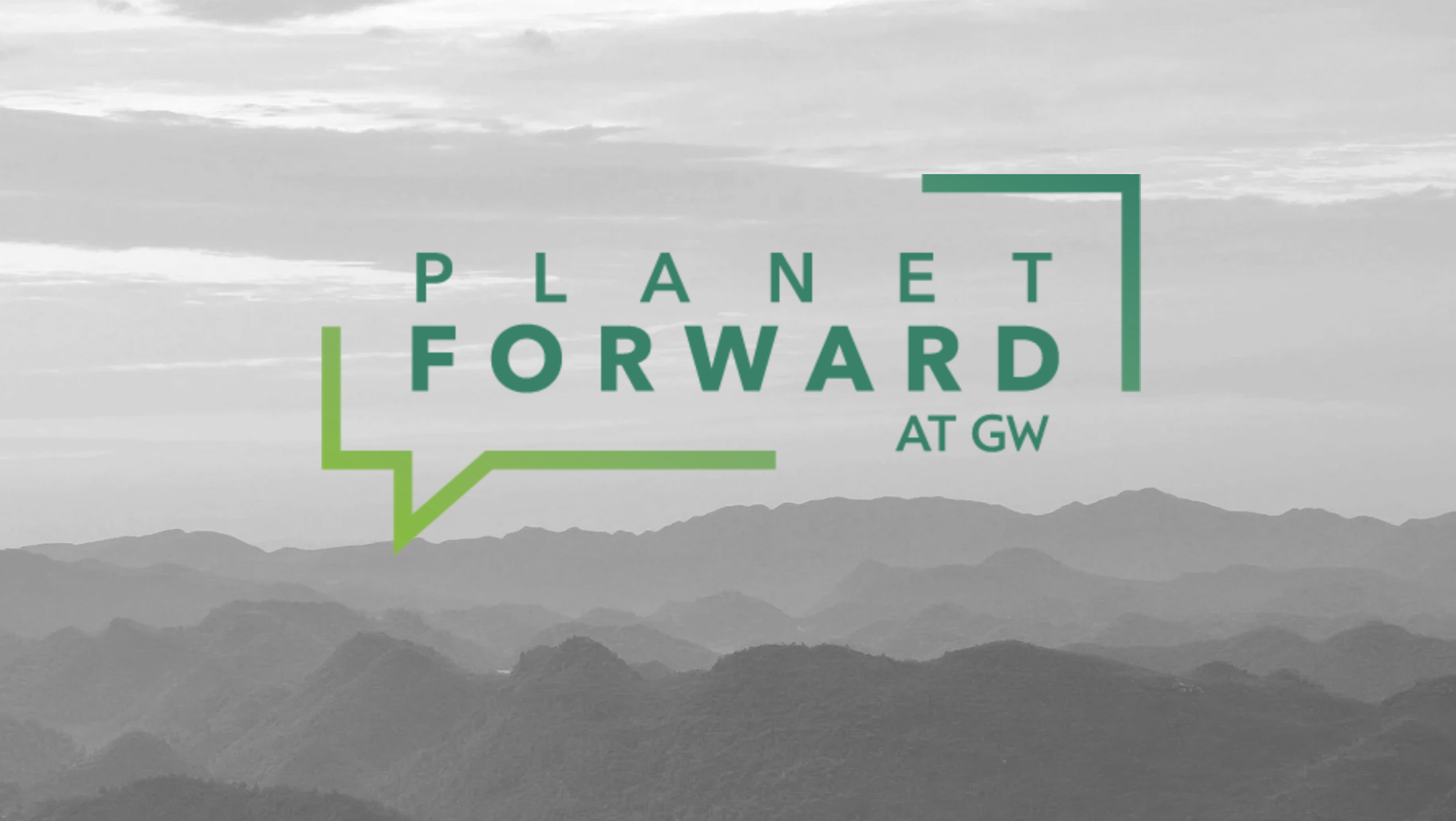 The remarkable story of a girl and her garden.
The remarkable story of a girl and her garden.
When we are children we’re told that we can do anything, so long as we grit our teeth and try; We can become the president, go to space or even save the world so long as we decide that's what we want to do and we work hard enough.
This is the story of Susette Onate, who in 2014 learned about a business transaction between the University of Miami (UM) and a developing company called Ram Group, that would threaten to destroy one of the rarest natural habitats in the world. This is the story of a sophomore at Hialeah Senior High School who was able to stand against two monolithic institutions in order to achieve one simple goal: Saving the butterflies.
When the Palm Beach County-based developing company, Ram Group bought up a massive allotment of land from UM, Onate didn’t think there was anything she could do. She knew that this wouldn’t just be the latest in a series of Miami’s overdevelopment crisis; This particular plot of land contained one of the rarest eco-regions in the world because it contained one of the last reserves of Florida’s pine rocklands. The pine rocklands are some of the most precious forests in the world and boast some of the rarest plant and animal life in Florida. Onate understood that if this critical plot of land was going to be destroyed by the acquisitive designs of Ram Group, then the wildlife that inhabited the region would also be destroyed. Her favorite animals, butterflies lived in abundance there, making their homes nestled amongst feathery green leaves and lush grasses. Threatened and endangered butterfly species, like the Bartram’s Hairstreak, that once called the pine rocklands home were now the living-dead, surviving off borrowed time before construction began.
Enter: The butterfly garden project
When the “adults,” the policymakers, the lawmakers, and the corporations couldn’t be trusted to protect the rare biomes that make South Florida so indescribably unique, at least we could count on Onate. She took up shop in a disused garden, which had been established by her campus nearly ten years prior and then promptly forgotten about, she organized her friends, her classmates and even her teachers with one goal in mind. She wanted to make a home for the butterflies who were on the brink of losing their habitat.
The journey was a long one. “When I started it was just a small project,” Onate said. “The administration wasn't really very supportive, they considered it (the garden) to be just attracting bugs. Basically, they and maintenance just saw it as a nuisance.”
But she persisted. Being a resident of South Florida, Onate was all too familiar with the common attitudes of people who are not interested in hearing about the environment. Though the state is mired in a series of one environmental disaster after another, people there are all too often indifferent. This indifference even leads to a maintenance crew digging up her first attempts at the garden, mistaking precious native seedlings and butterfly pupas for “weeds and bugs.”
But she persisted. Once their first of the butterflies had broken free from their chrysalises and begun to flutter across the garden, stopping here or there to hover amongst flower blossoms, a tangible change swept over the students of Hialeah high. The once arid and unused garden had become a hub of activity. Kids who once preferred to linger indoors now had a place to communicate with nature. The garden even served as a spot for special needs students to have therapy sessions.
A miraculous change took place. The garden was no longer Onate’s, it wasn’t even the school’s anymore. It became a product of the community. Something that touched everyone. Children were invited to take home potted sprouts that lined their hallways so that they could begin gardens of their own at home. She even began talks with her mayor so that she could introduce him to the idea of repurposing Amelia Earhart Park from a "green desert" into a vibrant eco-region of its own, complete with native and life-sustaining plants. She wants to encourage the green garden movement until it becomes an eco-tourism movement, something that can financially support South Florida in a positive way.
Planting a global garden
The night that Onate applied for the Browers Youth Award, she never dreamt that she would actually get it. “I applied for that the night it was due,” she explained in between laughs, her face glowing. “I thought there’s no way I’d get it!”
But she did. Though she might’ve only seen her project as a small butterfly garden, everyone around her (including the Browers selection board) saw it for what it could be: A movement. When she got the call that she had been chosen as a Browers environmental scholar, she was in a state of shock and needless to say, when she landed in California to make her acceptance speech, she was overwhelmed. The people around her, fellow scholars and program organizers, told her about how her story had inspired them to research their area’s native plant life and start gardens of their own. “It’s so simple to start a garden,” Onate said. “That’s why people wanted to do it. They were inspired to try themselves.”
When she returned home, she greeted by yet another surprise. A team of French journalists had reached out to Onate, asking her to be featured in their documentary: Les Super-Juniors: Ils s’engagent pour la planet (The Super Kids: And Their Commitment to the Planet.) They wanted to talk to the famous girl in the garden, the high school student who single-handedly called out environmentally disastrous overdevelopment and was able to actually do something about it. They wanted to tell you the story of Susette Onate, a kid who decided to save the world.
">Following your dreams is a luxury that most people never get to experience. But Susette Onate, one young girl with a dream of protecting her local butterflies, not only lived her dreams, she saw them exceed her wildest imagination.


